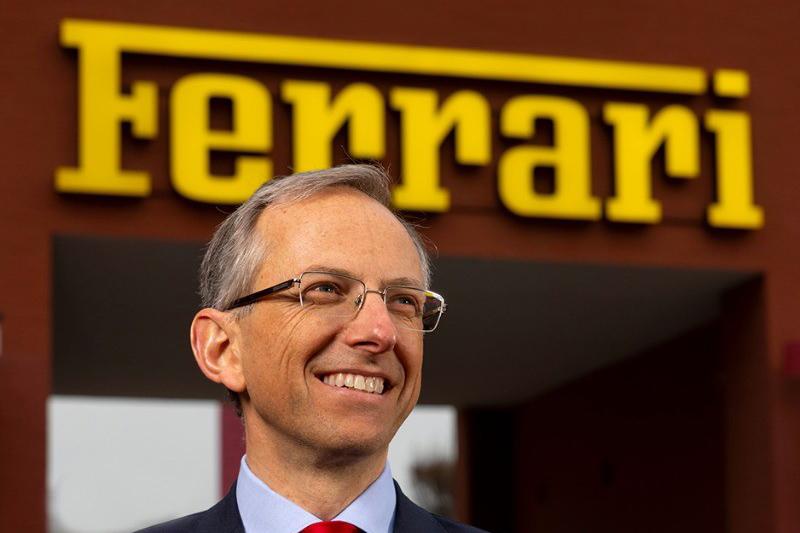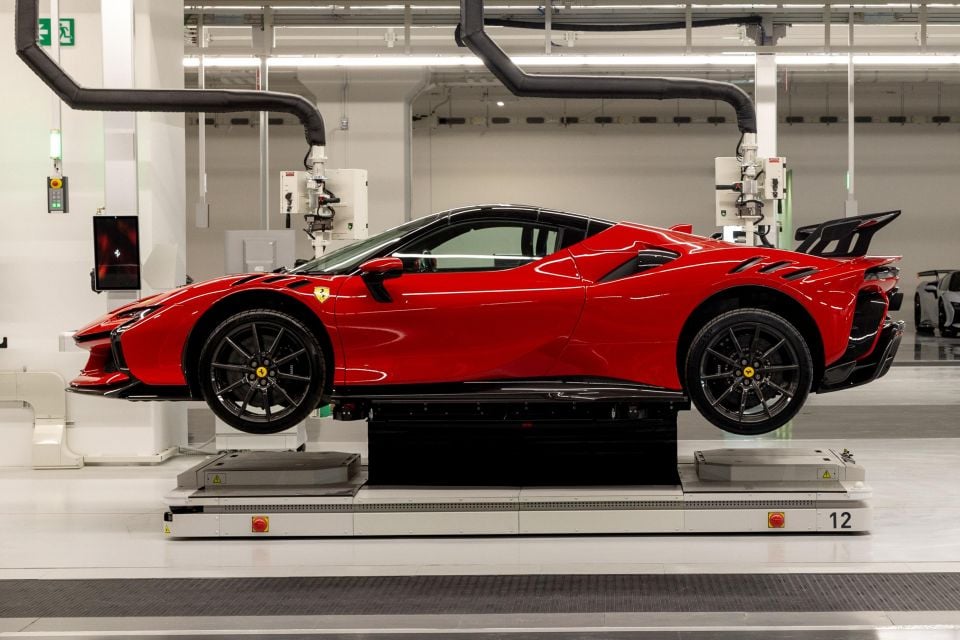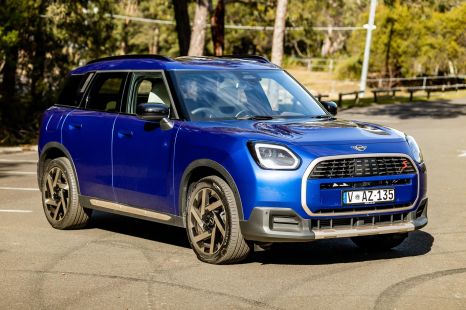

James Wong
5 Days Ago
Scammers are out for more than just your mother’s maiden name and credit card details, with some unscrupulous would-be criminals going as far as impersonating executives to try and infiltrate companies.
According to Bloomberg, that was the case earlier this month when an unnamed Ferrari employee started to receive WhatsApp messages from someone purporting to be the brand’s CEO, Benedetto Vigna.
“Hey, did you hear about the big acquisition we’re planning? I could need your help,” the first message to the employee reportedly read, which came from a different number to that of Mr Vigna, but with the profile photo showing the CEO in front of Ferrari’s logo.
“Be ready to sign the Non-Disclosure Agreement our lawyer is set to send you asap. Italy’s market regulator and Milan stock-exchange have been already informed. Stay ready and please utmost discretion.”

Next, the employee and the scammer undertook a live phone conversation, with the latter using deepfake artificial intelligence software to recreate Mr Vigna’s voice.
It was reportedly an eerily accurate imitation, impersonating the CEO’s distinct southern Italian accent.
When the scammer attempted to explain that he had called from a different mobile phone number due to confidentiality reasons, the Ferrari employee began to question whether it was really Mr Vigna on the other end of the line.
“Sorry, Benedetto, but I need to identify you,” he reportedly told the scammer, before asking what book Mr Vigna had recommended to him earlier that week.
With the scammer unable to do so, they ended the call, confirming the Ferrari employee’s suspicions which later led to an internal investigation about the conversation.

Bloomberg reports no confidential information was divulged by the employee to the imposter.
It’s reportedly not the only instance of scammers using deepfake technology and AI to try and gain access to a company through its executives, with other companies such as an unnamed Hong Kong firm losing HK$200 million (A$39 million) after its employees were duped.
Tesla CEO Elon Musk also found himself in hot water earlier this week, after sharing a fake election campaign video of US Vice President Kamala Harris to his social media platform X (formerly known as Twitter), which featured a deepfaked version of her voice.
Despite its creator labelling the video as a parody, Mr Musk did not do so, in the process breaking his platform’s rules.
Take advantage of Australia's BIGGEST new car website to find a great deal on a Ferrari.
I'm an Indian-born automotive enthusiast living in the US, with a huge passion for cars. I have a natural storytelling ability and love captivating writing that brings stories to life. I've been writing about cars for over 10 years. My passion is expertly navigating the dynamic world of cars, delivering engaging content for car aficionados.


James Wong
5 Days Ago


Alborz Fallah
4 Days Ago


Andrew Maclean
3 Days Ago


Max Davies
3 Days Ago


Matt Campbell
2 Days Ago


Max Davies
1 Day Ago